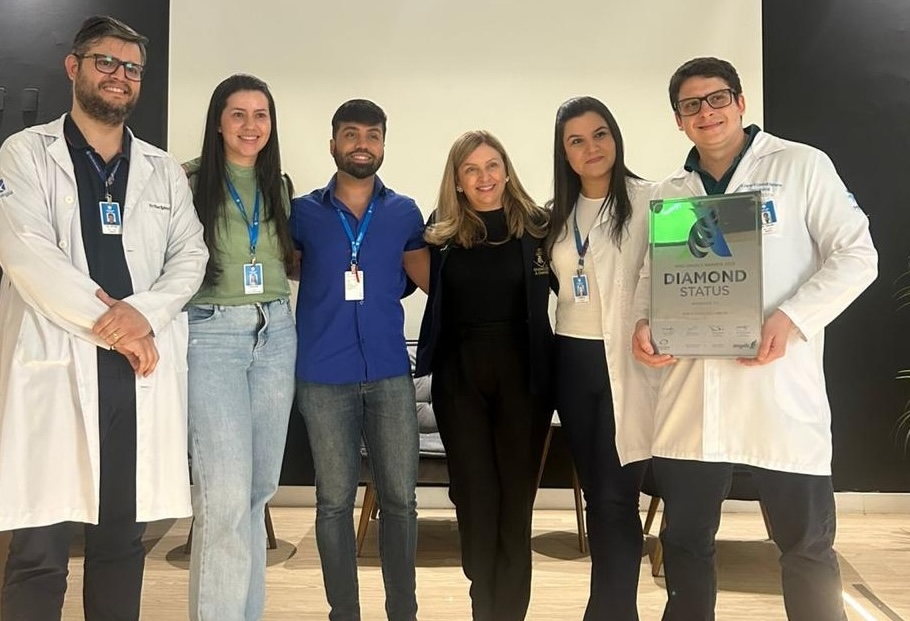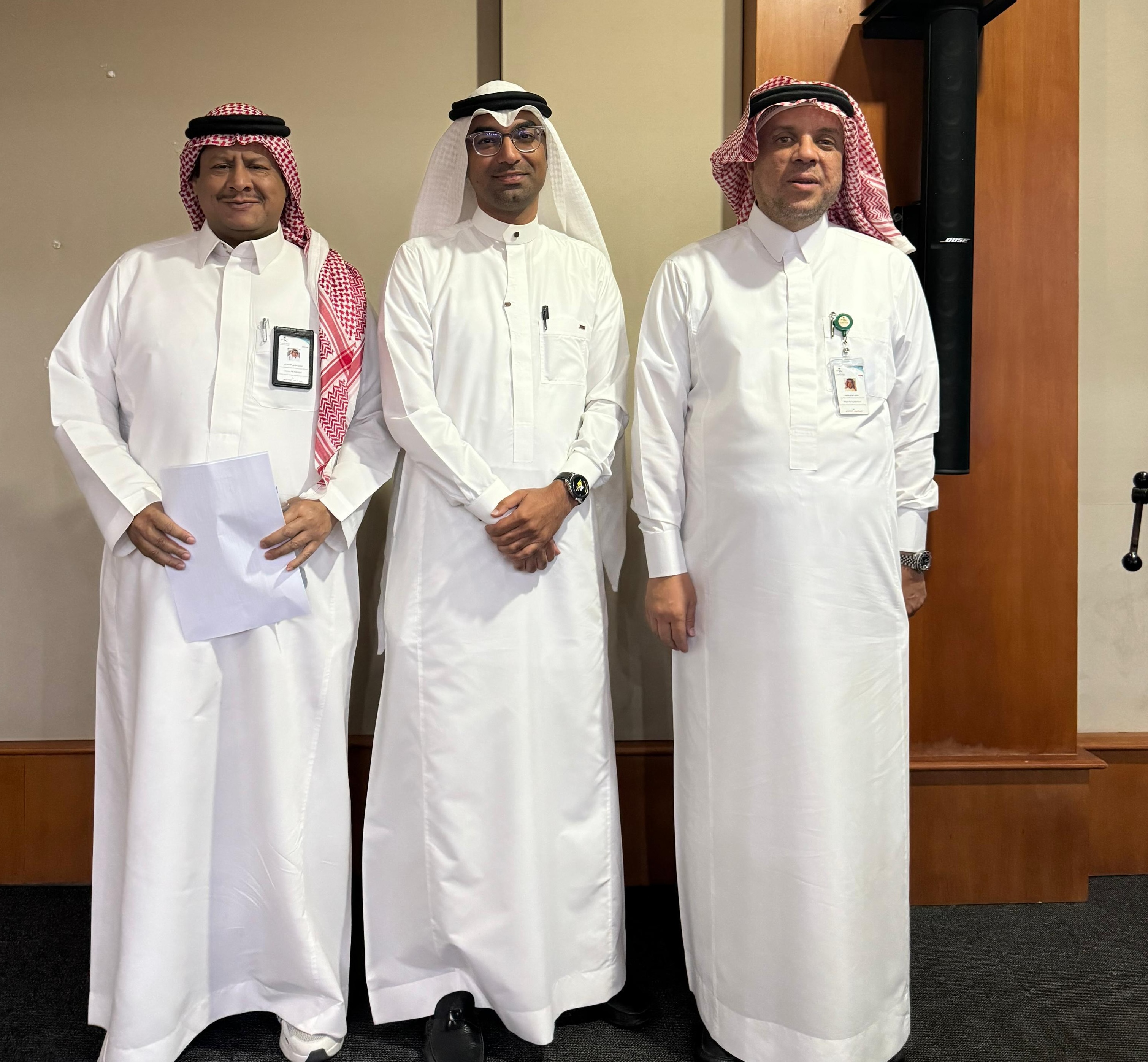
Change begets change. The success of any grand plan for progress and innovation is predicated on the idea every change is a catalyst for development and growth.
Stroke care transformation in the Kingdom of Saudi Arabia is accelerating in the slipstream of change with the implementation of Vision 2030, an ambitious blueprint for economical, social and cultural reform to build a strong and productive society. The plan includes a healthcare transformation program with a focus on improving access to healthcare, improving the quality of care, and adhering to international standards.
The program also prioritizes using technology to revolutionize the delivery of healthcare services. This is the context for the Preceptorship Program that emerges from a partnership between the Angels Initiative and the Ministry of Health.
Angels consultant Ahmed Azab explains: “The preceptorship program is an educational program focusing on stroke pathway implementation for selected healthcare professionals from different remote hospitals. These doctors and nurses will experience a cohabitation period in a comprehensive stroke center and return to their hospitals as stroke champions, equipped to implement their learnings from the program.”
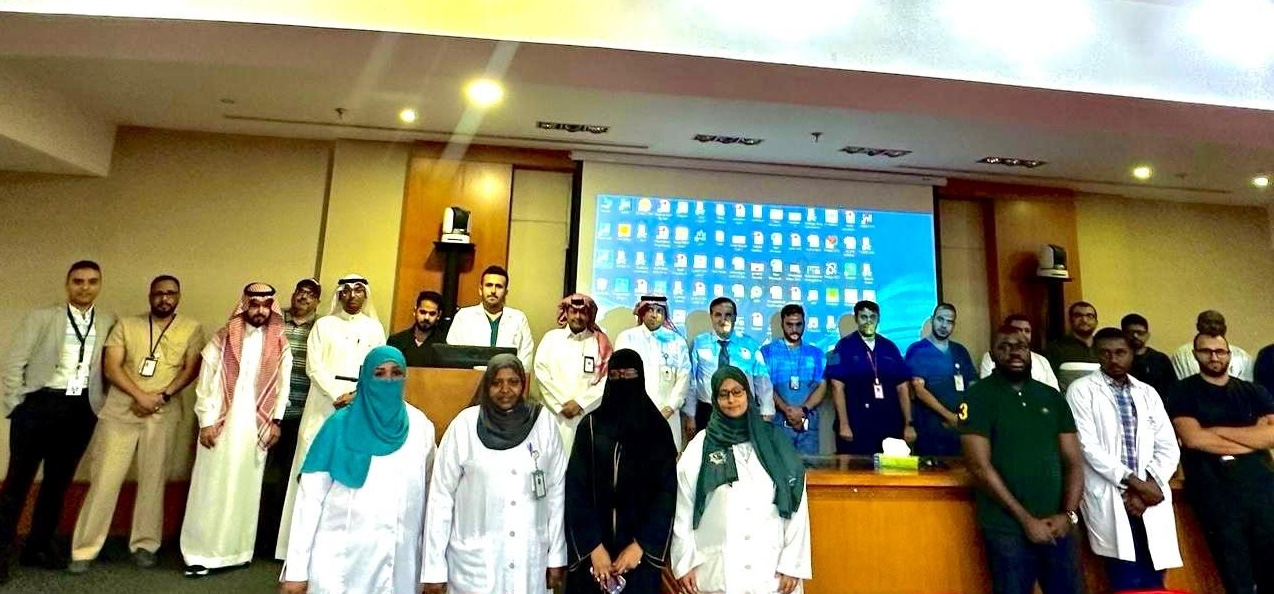
By connecting remote hospitals with a hub and ensuring an educated stroke team and optimized pathway are in place, this intervention also supports the wider goal of leveraging technology to optimize healthcare delivery and patient outcomes. It enables telestroke consultation when acute stroke patients are admitted at hospitals that do not have a neurologist.
The first preceptorship took place on 6 and 7 March at the King Abdulah Medical Complex in Jeddah and was attended by 30 HCPs from the country’s western region that had been nominated by the Ministry of Health. These included 12 candidates from internal medicine, three from emergency, two from radiology and nine from general practice. A tour of the comprehensive stroke unit at the King Abdulah Hospital was followed by two days of intensive training that included workshops on how to organize a stroke team and implement a stroke protocol, as well as in-hospital pathway simulation and training on the virtual patient simulator Body Interact.
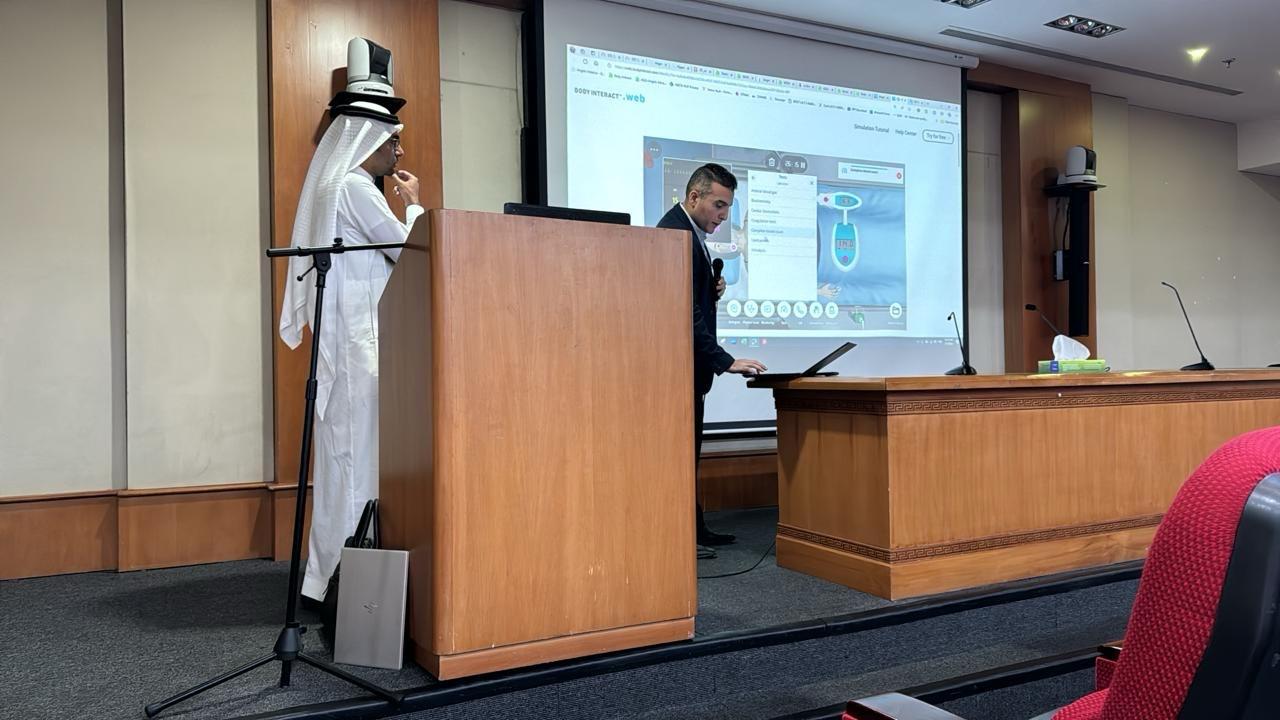
Commenting on social media, Dr Amr Mouminah, lead of neurology services in Jeddah 2nd health cluster in the Ministry of Health, positioned the event in the context of achieving the kingdom’s mission and “keeping pace with development and ambition”, adding that its goal was “to raise awareness and train non-stroke specialists from doctors to deal with these patients”.
As part of the follow-up actions agreed with the Ministry of Health, the Angels team in KSA will continue to support these hospitals with training and pathway optimization. In their turn the ministry will nominate stroke teams, ensure the availability of drugs and imaging technology and put key performance indicators in place to track performance.
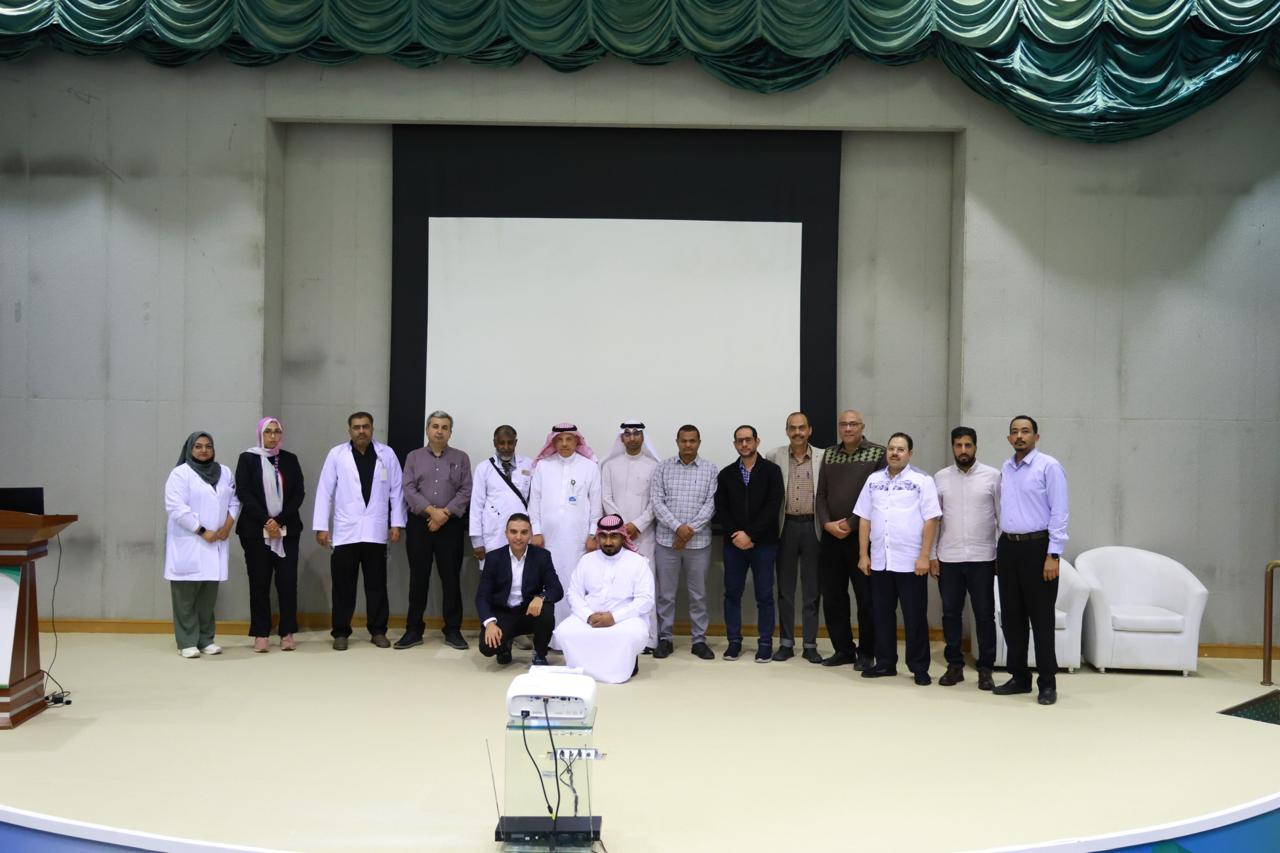
The second wave
Change is not a singular event but a connected one that sets in motion a chain of transformations. Following the success of the first wave, Ahmed and the team immediately began planning the second strand in the dynamic, interconnected tapestry of change.
This second wave took place at Al-Amal Hospital in Riyadh on 7 November and involved healthcare professionals from the northern and central parts of the kingdom. As before, the objective was to facilitate a comprehensive training for stroke champions that would enable them to implement their learnings from the program in their respective hospitals.
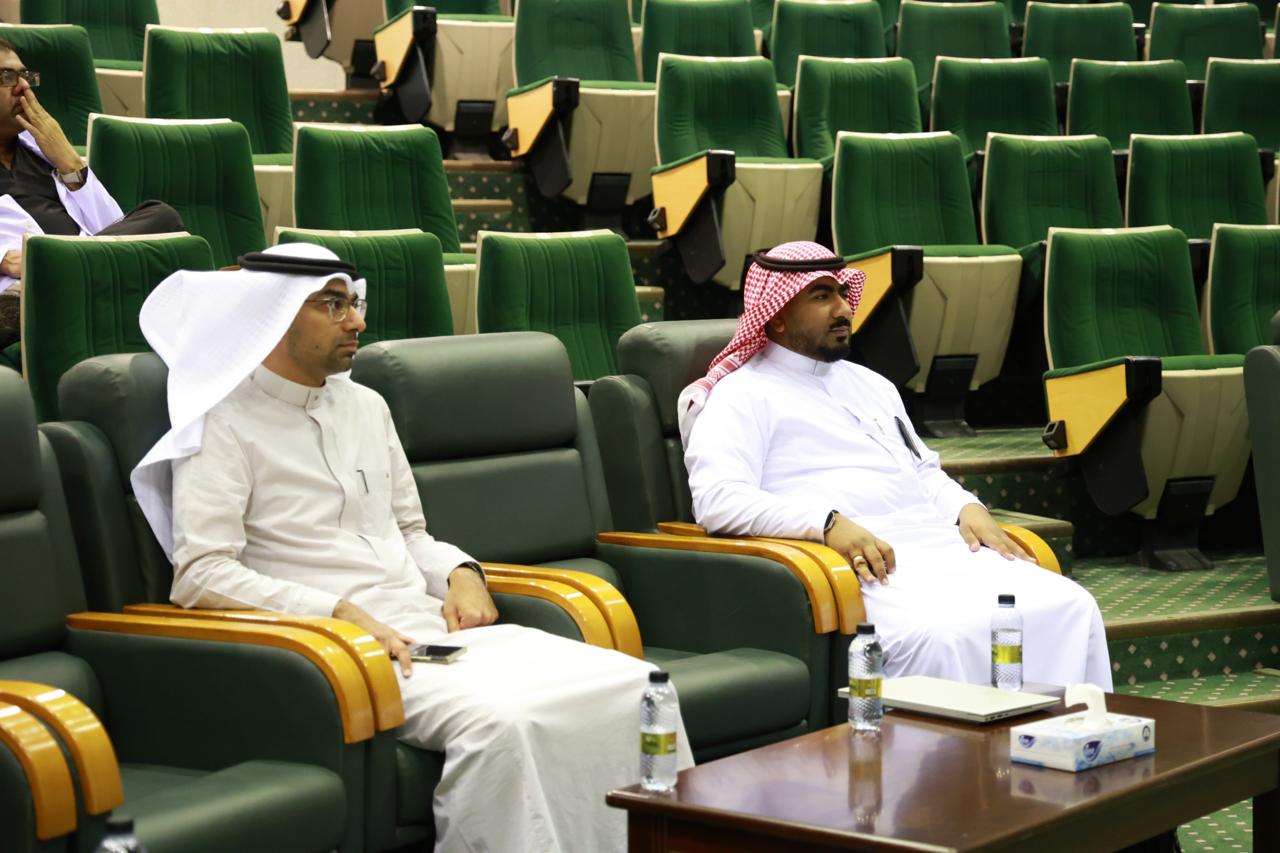
The program targeted HCPs concerned with stroke management from 10 remote hospitals, including those from Emergency, Internal Medicine, and Neurology departments.
The agenda, which was facilitated by experts in the field, included sessions on Imaging in Acute Stroke, best practice for IV Thrombolysis, Recognition and Early Assessment, Endovascular Therapy and NIHSS, and concluded with a pathway simulation.
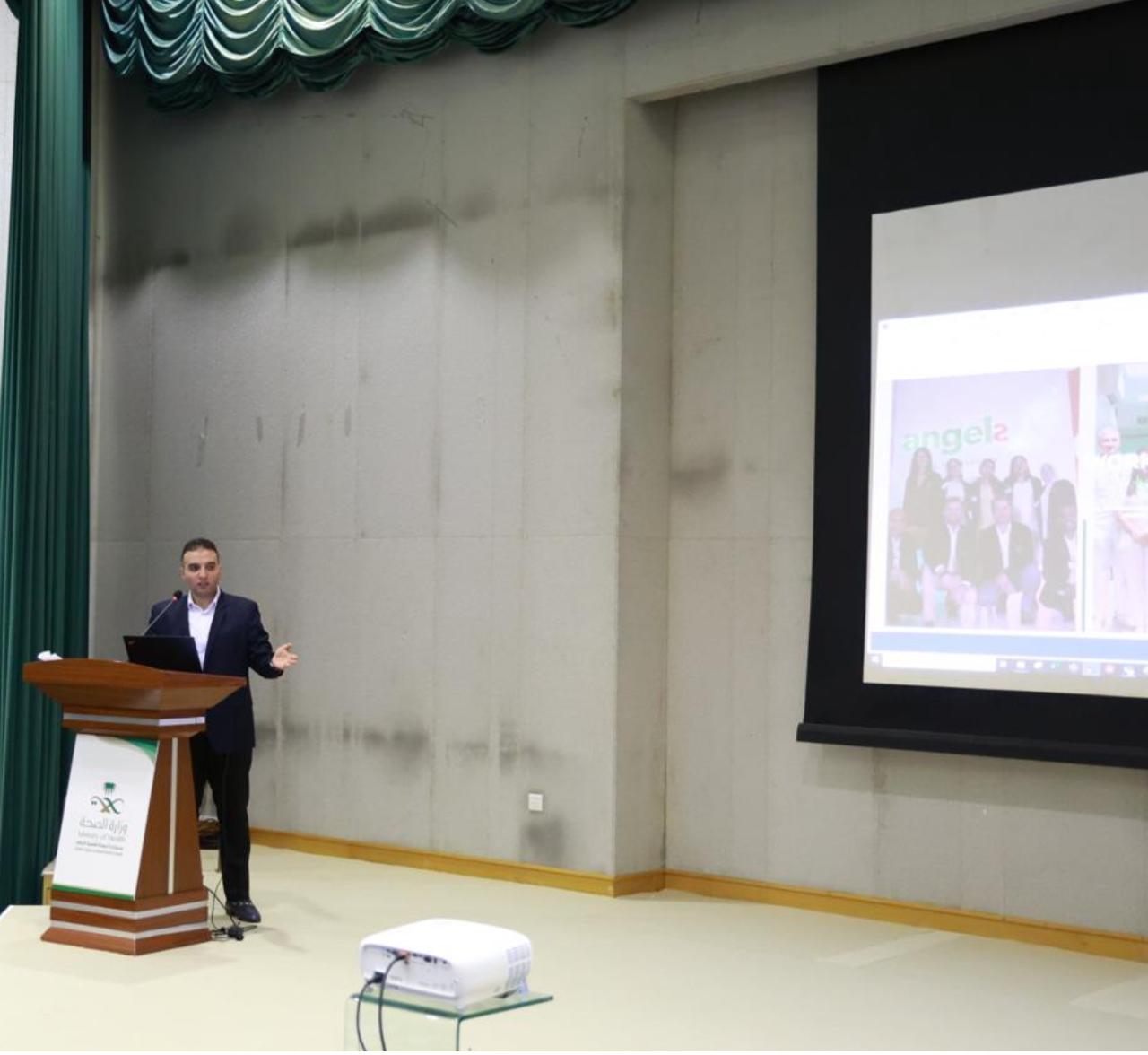
In comments posted on Linked, Dr. Omar Alhamdan, Lead of Stroke and Neurology services in Riyadh 3rd health cluster in the Ministry of Health, singled out Dr Mouminah and neurology program director in Medina, Dr Majid Kakheet, for their contributions. He wrote, “We are honored and privileged to host MOH Stroke Preceptorship program.”
Ahmed says, “The program was well-received, and the ministry of health leaders and the attendees expressed their appreciation for the comprehensive and practical sessions.”
The alumni of both preceptorships returned to their respective hospitals prepared to significantly impact stroke care in their communities and continue the chain of transformations that will ultimately give thousands of stroke patients a second chance at life.

